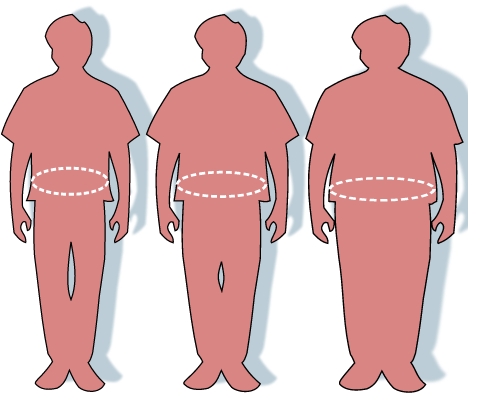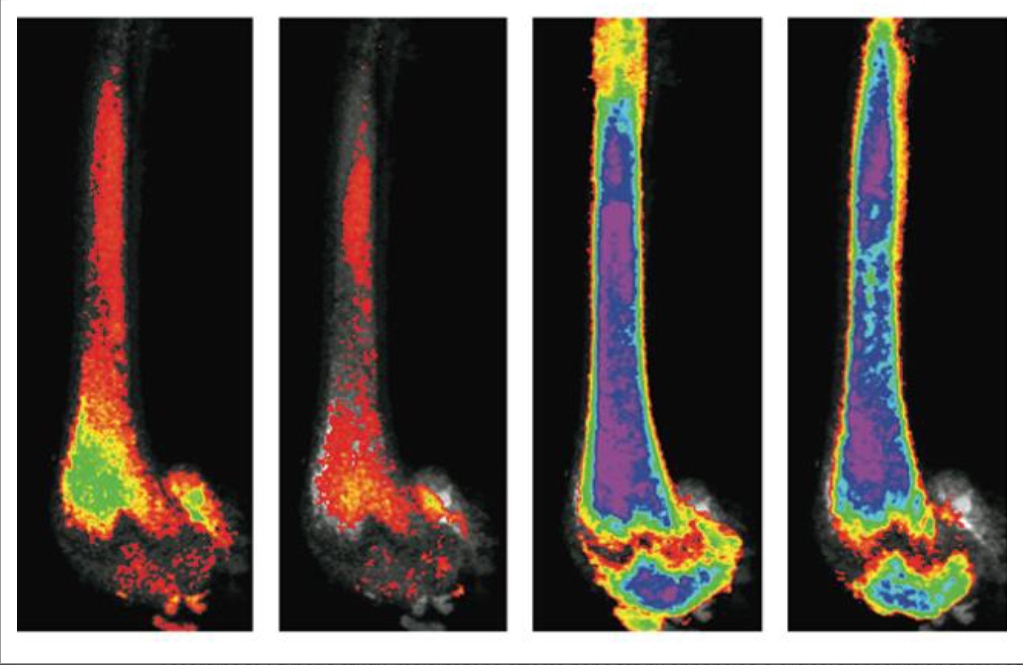New study shows intake of olive oil associated with increase in bone formation markers
Chevy Chase, MD—A study to be published in the Endocrine Society’s Journal of Clinical Endocrinology and Metabolism (JCEM) shows consumption of a Mediterranean diet enriched with olive oil for two years is associated with increased serum osteocalcin concentrations, suggesting a protective effect on bone.
Age-related bone mass loss and decreased bone strength affects women and men alike are an important determinant of osteoporosis and fracture risk. Studies have shown that the incidence of osteoporosis in Europe is lower in the Mediterranean basin. The traditional Mediterranean diet, rich in fruits and vegetables, with a high intake of olives and olive oil could be one of the environmental factors underlying this difference.
“The intake of olive oil has been related to the prevention of osteoporosis in experimental and in vitro models,” said José Manuel Fernández-Real, MD, PhD, of Hospital Dr. Josep Trueta in Girona, Spain and lead author of the study. “This is the first randomized study which demonstrates that olive oil preserves bone, at least as inferred by circulating bone markers, in humans.”
The participants in this study were 127 community-dwelling men aged 55 to 80 years randomly selected from one of the Prevencion con Dieta Mediterranea (PREDIMED) study centers who had at least two years of follow-up. The PREDIMED study is a large, parallel group, randomized, controlled trial aimed to assess the effect of the Mediterranean diet on the prevention of cardiovascular diseases.
|
|
For this study, subjects were elderly without prior cardiovascular disease but having a diagnosis of type 2 diabetes or harboring at least three cardiovascular risk factors, namely hypertension, dyslipidemia, or a family history of premature cardiovascular disease. Participants were randomly assigned to three intervention groups: Mediterranean diet with mixed nuts, Mediterranean diet with virgin olive oil, and a low-fat diet.
Biochemical measurements of osteocalcin, glucose, total cholesterol, HDL-cholesterol and triglycerides were performed at baseline and after two year follow-up on fasting blood samples. Researchers found that only consumption of the Mediterranean diet with olive oil was associated with a significant increase in the concentrations of total osteocalcin and other bone formation markers. There were also no significant changes in serum calcium in subjects taking olive oil whereas serum calcium decreased significantly in the other two groups.
“It’s important to note that circulating osteocalcin was associated with preserved insulin secretion in subjects taking olive oil,” added Fernández-Real. “Osteocalcin has also been described to increase insulin secretion in experimental models.”
Source: The Endocrine Society




